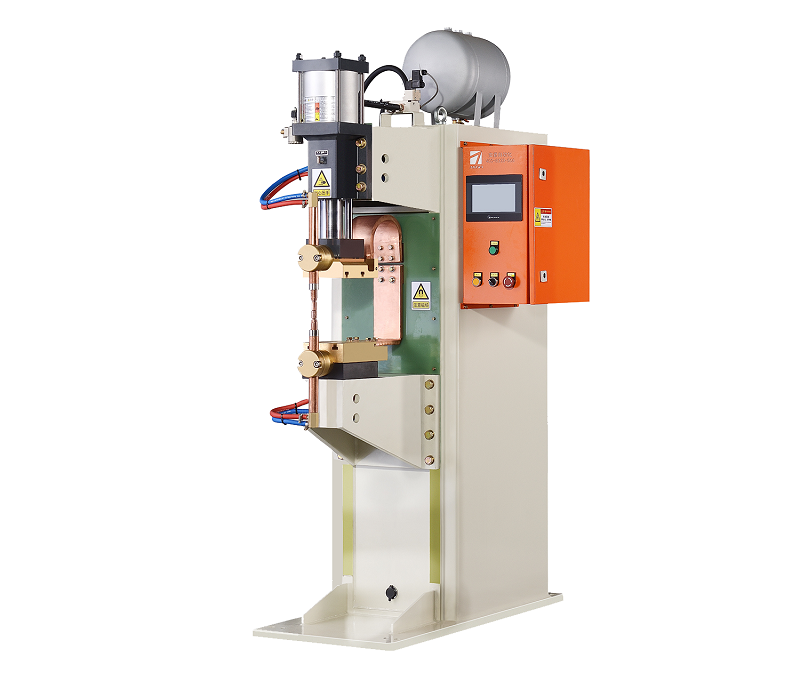- Home
- News
- Key Considerations Before and After Installation of a Medium-Frequency Inverter Spot Welding Machine
Key Considerations Before and After Installation of a Medium-Frequency Inverter Spot Welding Machine
The installation process of a medium-frequency inverter spot welding machine is a critical step in ensuring its proper functioning and optimal performance. This article highlights important considerations that should be taken into account both before and after the installation of a medium-frequency inverter spot welding machine.

Before Installation:
- Site Preparation: Before installing the welding machine, ensure that the designated site meets the following requirements:a. Adequate Space: Allocate sufficient space for the machine, considering its dimensions and any required safety clearances.b. Electrical Supply: Verify that the site has the necessary electrical infrastructure to support the welding machine’s power requirements.
c. Ventilation: Provide proper ventilation to dissipate heat and remove fumes generated during welding operations.
- Machine Placement: Carefully position the welding machine in the designated area, taking into account factors such as accessibility, operator ergonomics, and proximity to power sources. Follow the manufacturer’s guidelines regarding machine orientation and installation clearances.
- Power and Grounding: Ensure that the electrical connections are correctly made, following electrical codes and regulations. Proper grounding is essential to prevent electrical hazards and ensure the machine’s stability and reliability.
After Installation:
- Calibration and Testing: After the machine is installed, perform calibration and testing procedures as recommended by the manufacturer. This ensures that the machine is accurately calibrated and ready for operation.
- Safety Measures: Prioritize safety measures to protect operators and maintain a safe working environment. This includes providing appropriate personal protective equipment (PPE), implementing safety protocols, and conducting training sessions for operators.
- Maintenance Schedule: Establish a regular maintenance schedule to keep the welding machine in optimal condition. This includes routine inspections, cleaning, lubrication, and replacement of worn-out parts as necessary. Adhere to the manufacturer’s recommended maintenance procedures and intervals.
- Operator Training: Ensure that operators receive proper training on the operation, safety protocols, and maintenance of the welding machine. Training should cover topics such as machine controls, troubleshooting, and emergency procedures.
- Documentation and Record-Keeping: Maintain accurate documentation of installation, calibration, maintenance activities, and any modifications made to the welding machine. Keep a record of maintenance logs, service reports, and training records for future reference.
Proper attention to pre-installation and post-installation considerations is essential for the successful and safe operation of a medium-frequency inverter spot welding machine. By addressing site preparation, machine placement, electrical connections, calibration, safety measures, maintenance scheduling, operator training, and documentation, operators can ensure the machine’s efficient performance and prolong its lifespan. Adhering to these guidelines promotes operational reliability, reduces downtime, and enhances overall productivity in spot welding operations.